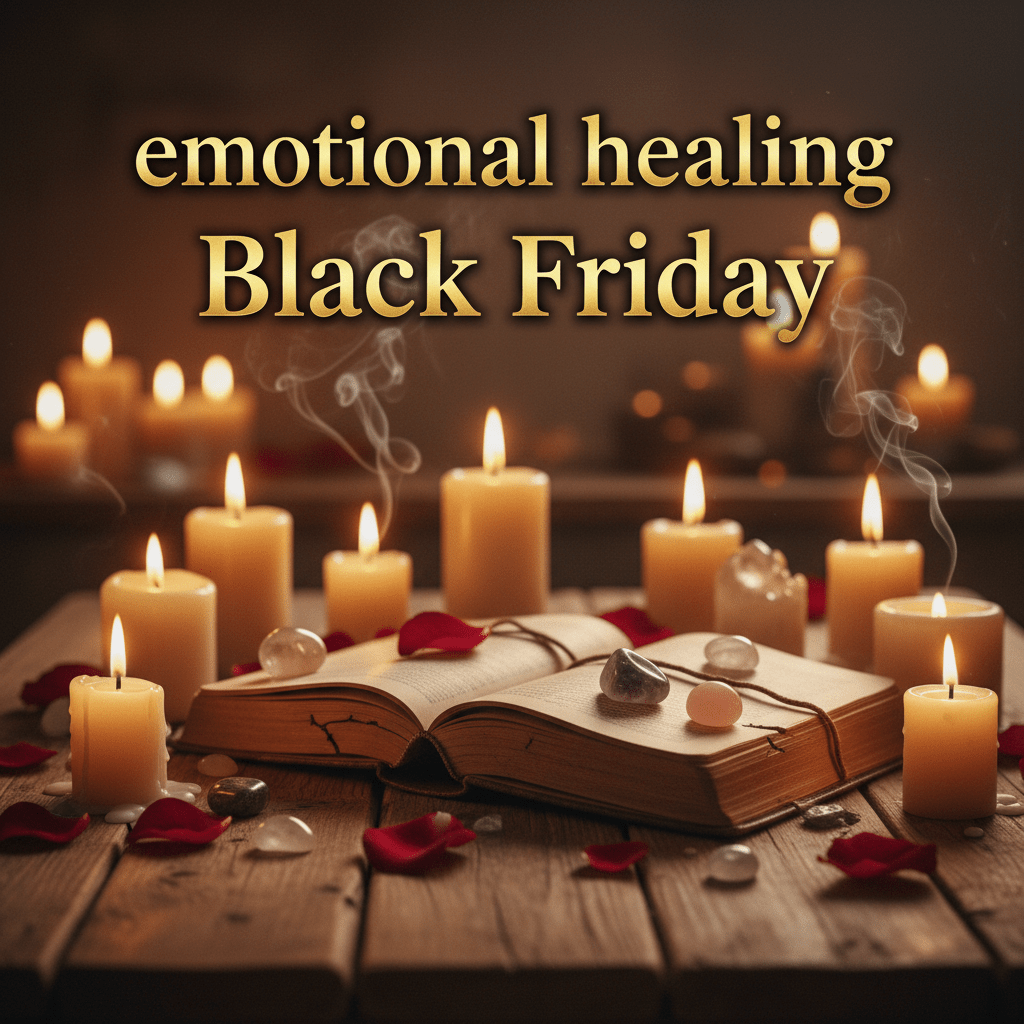How Do Love Spells Work? Main Points to Know
- Love spells have a long history in cultures worldwide, believed by some to attract romance or rekindle lost love.
- Scientific evidence for love spells is limited; many experts attribute results to psychology or the placebo effect.
- Ethical concerns include free will, manipulation, and potential emotional risks.
- Key psychological forces—like attraction, exposure, and reciprocity—play a major role in relationships.
- Safer alternatives include working on self-growth, open communication, and connecting through shared interests.
- Shop real love spells that work today! Buy love spells online from verified spell casters.
Have you ever wondered if love spells are real—or just wishful thinking? From tales of ancient rituals to modern online spellcasters, the subject of real love spells captivates skeptics and believers alike.
Are you searching for genuine love, longing for the return of a lost lover, or hoping to ignite irresistible attraction? The idea of using a love spell can sound tempting, but what’s the truth behind the magic?
Get your spell cast by the best spell caster in the world! Discover authentic experiences, psychological insights, and science-backed facts before making a decision. Shop real love spells from our expert team or explore the full range at Spells & Psychics.
Examining the Evidence: Do Love Spells Actually Work?

Ancient love spells often used symbols, herbs, and sacred rituals to attract desires. But do they actually work?
Thousands claim that love spells changed their lives—from rekindled romance to magnetic attraction. Rituals can include candles, herbs, crystals, written intentions, or carefully recited incantations.
Many customers seek out professionals for spells like the Bring Back Lost Lover Love Spell or the Lust for Me Love Spell, hoping for powerful transformation.
However, experts note:
- Some experiences may be due to the “placebo effect”—if you believe a spell will work, you may act more confidently, influencing the outcome.
- No scientific research confirms that love spells produce supernatural effects. Results often tie back to psychological shifts and subconscious actions.
- Be wary of grandiose promises not backed by reputation or results. Choose vetted, ethical spellcasters only.
“After purchasing the Reconciliation Love Spell, my partner and I started talking again after months apart. Whether it was magic or a change in energy, it worked for us!”
The Psychology of Love, Attraction, and Spellcasting

Understanding how our minds create and respond to attraction is essential when considering magical intervention.
Modern science reveals that many feelings of love and attraction are strongly rooted in psychological principles—not just fate or magic.
- Similarity and Compatibility: We’re drawn to those who share our values, beliefs, and interests.
- Proximity and Exposure: Repeated encounters create comfort and familiarity, increasing the chance of romance.
- Confidence and Expectation: If you believe in the possibility of love (or a spell’s power), your behavior may subtly change, making new connections more likely.
Ultimately, love spells may serve as a focus for intention, but relationship success is built on mutual trust and meaningful interaction.
Explore Love Spells Collection
Love Spells Overview: History, Evidence, and Ethics
| Aspect | Description |
|---|---|
| Evidence for Love Spells | Personal testimonials and historical rituals exist, but scientific support remains limited. |
| Psychology of Attraction | Cognitive biases, expectation, and intent play a major role in relationship outcomes. |
| History and Cultural Significance | Love spells span ancient Egypt, medieval Europe, and modern spiritual traditions worldwide. |
| Ethical Considerations | Issues around free will, consent, and spiritual responsibility must be considered. |
| Alternatives | Personal growth, self-confidence, and honest communication as healthy approaches to love. |
History & Cultural Significance of Love Spells

From ancient Egyptian papyrus charms to modern ritual candles, love spells have shaped culture and romance for centuries.
Love spells are woven into human history. In Egypt, they were inscribed on tombs; in medieval Europe, they took the form of enchanted potions with rose, vervain, and cinnamon. Today, spiritual practitioners continue these traditions—adapting spells for modern life.
Ethically, many spiritual leaders stress the importance of free will and consent. Using a spell to force feelings may be seen as manipulative, but many modern spells now focus on opening energy to new love—rather than controlling another person’s heart.
“I appreciated the clear rituals and the respect for free will in the Unconditional Love Spell. There was no forcing—just opening myself up to love, which helped me meet the right partner!”
Ethical & Emotional Considerations When Casting a Love Spell
Before performing or purchasing any love spell, it’s important to consider both the ethical implications and the emotional risks involved.
- Free Will: Attempting to influence someone without their consent can have unexpected consequences or karmic effects.
- Emotional Risks: Spell outcomes may be unpredictable, sometimes attracting attachment from unexpected sources.
- Dependency: Overreliance on magic could reduce your confidence to build genuine, mutual connections.
- Vulnerability: Unscrupulous practitioners may exploit those in distress. Always choose reputable, ethical spellcasters with positive testimonials.
Looking for an experienced guide? Spells & Psychics works with verified professionals—see our Friend to Lover Spell or Mend a Broken Heart Healing Love Spell for gentle, consent-based options.
“I was hesitant about casting any love spell, but the ethical approach and the true care from the team gave me peace of mind. Highly recommended for anyone seeking authentic connection.”
Need Personalized Psychic Guidance?
Chat live with our psychic team for tailored love advice and energy readings.Finding Lasting Love Without Magic: Alternative Paths

True connection can grow from self-improvement, genuine interaction, and new experiences.
Not sure about using love spells? Building healthy relationships can happen through self-growth, expanded social circles, and shared activities:
- Join groups or clubs in your city related to your interests or passions.
- Grow your skillset: learning, travel, or new hobbies build confidence and make you more attractive to potential partners.
- Engage in open, honest communication—the foundation of all meaningful relationships.
- Consider spells that focus on self-confidence or emotional healing, like the Make Me Sexy Spell or the Heal My Relationship Spell.
Frequently Asked Questions About Love Spells
-
What are love spells?
Love spells are rituals or spiritual practices designed to attract romance, rekindle lost love, or strengthen existing bonds by focusing intention and energy toward a desired outcome. -
How are love spells performed?
Love spells can involve candles, crystals, affirmations, sacred symbols, or personal items. Professional spellcasters often use specific rituals, sometimes tailored to your unique situation. -
Is there scientific proof that love spells work?
There is no conclusive scientific evidence for supernatural effects. Many results may be explained by increased confidence, personal intention, psychological readiness, and the placebo effect. -
Are love spells ethical?
Ethical love spells respect free will, focus on positive intention, and never manipulate or harm. Always choose spellcasters who operate with transparency and integrity. -
What are safe alternatives to love spells for finding love?
Alternatives include personal growth, socializing through shared interests, working on self-esteem, and authentic communication to nurture healthy, lasting connections.
Are Love Spells Real? Our Final Thoughts & Your Next Steps
The debate continues: Some swear by the transformative power of love spells, while others insist on science and personal responsibility.
Whether magic or mindset, the most lasting results come from genuine intention, clear communication, and a willingness to grow.
No matter your path, let your search for love begin with self-respect—and a sprinkle of hope or magic if you desire. If you're ready to try a trusted ritual or spell, browse our best-selling love spells here.
Take your first step toward real love today. Your destiny is just a spell away.
Spellcaster Belinda is a certified love spell specialist with 20+ years of experience in traditional and modern romance spells. She empowers seekers worldwide to find genuine connection through ethical magic and practical advice via Spells & Psychics. Reach out via our Contact page for guidance.




